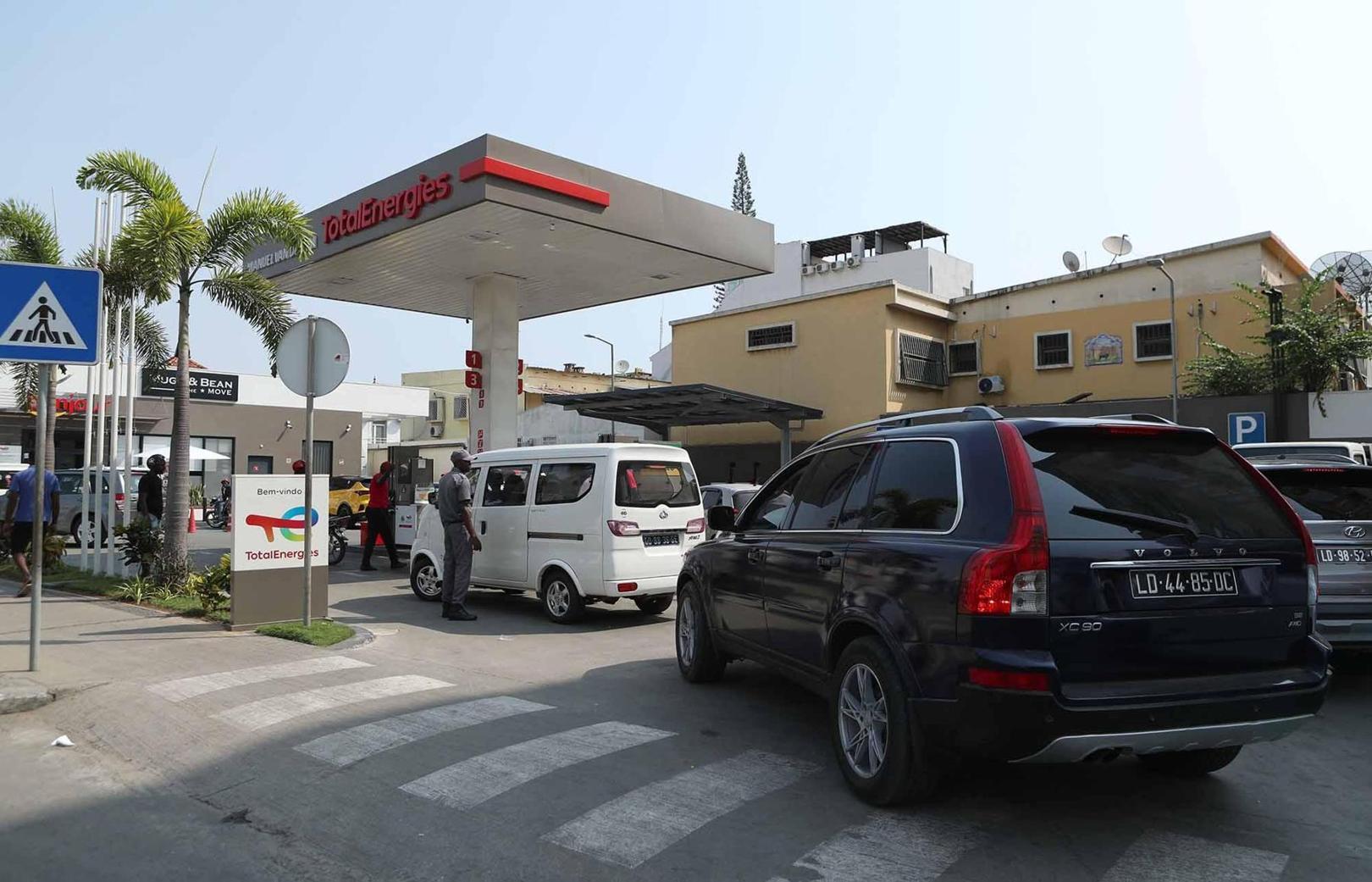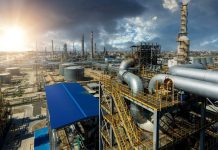Africa-Press – Angola. At least fifty-two new fuel stations will be built across the country in the next three years, to respond to the existing deficit.
The information was released this Friday, in Cuito, Bié province, by the deputy general director of the Petroleum Derivatives Regulatory Institute, António Feijó, within the scope of the sector’s IX Consultative Council that closed this Friday, in this city.
According to the technician, the measure covers the deficit that is recorded, especially in municipalities in the east and south of the country.
António Feijó reported that, at the moment, 900 gas stations are operational, which he considers to be negligible given the demand.
“Fortunately, there is a willingness on the part of private parties to acquire this license, but our interest is also focused on placing gas stations along national roads to facilitate users of these roads in the eastern and southern corridors of the country,” he said.
Regarding sales, he reported that, in the first quarter of this year alone, one million, 186 thousand and 821 metric tons of liquid fuels were sold on the domestic market, six percent less compared to the same period in 2023.
In the same period, 101 thousand and 238 metric tons of coarse fuels were also sold, 18 percent less compared to the previous period.
On the other hand, António Feijó made it known that, recently, a law was approved that criminalizes fuel smuggling, in order to discourage such practices, as has been seen in the provinces of Cunene, Zaire and Uige.
At this moment, he said that his institution is looking for a technical solution that aims to better monitor the entire product distributed throughout the country.
This action could constitute a major challenge for the sector, which will rely substantially on the help of operators who will be able to report daily where the fuel comes from and goes to.
According to António Feijó, the measure aims to improve the distribution chain of these derivatives, mainly gasoline, diesel and refined oil, with a view to encouraging more companies to emerge in the sector.
However, data from the National Fuel Society (Sonangol EP) presented at the event indicate that, from 2027, the country will have a combined oil production of up to 425 thousand barrels per day, compared to the 65 thousand produced to date.
To better respond to what is desired, the Dande oceanic terminal will be able to come into operation in November this year, with a capacity of 583 thousand cubic meters, adding to the more than 171 thousand currently available, including the nine existing terminals of this type. in the country.
Even so, there are ten fuel installations and five points of sale for these petroleum derivatives in the country, as well as a factory producing various types of oil lubricants.
At the moment, the country has two oil refineries, one in Luanda and the other in Soyo, awaiting the completion of two more in Cabinda and Lobito, Benguela.
For More News And Analysis About Angola Follow Africa-Press






